From Prohibition to Social Concerns
A.J. Barton and the Origins of the Ethics and Religious Liberty Commission
Alex Ward
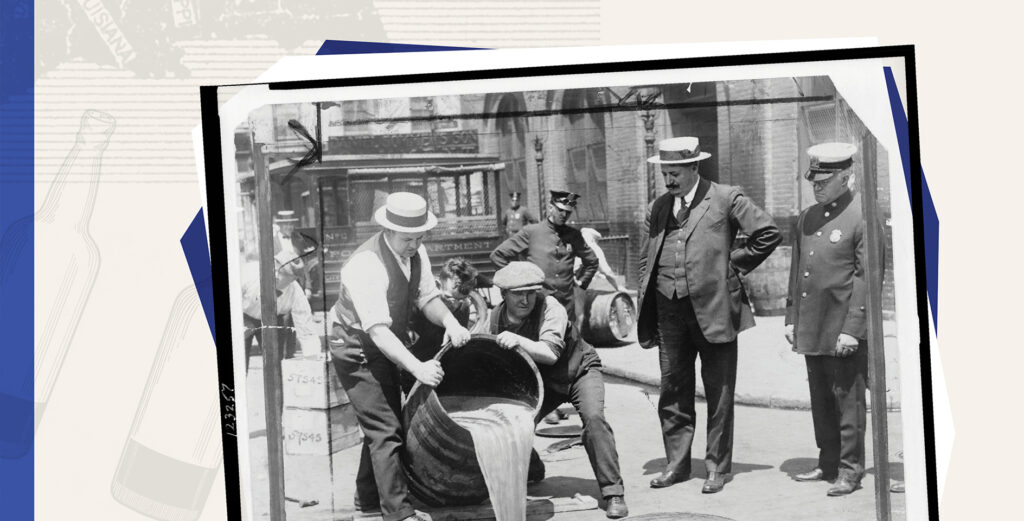
Dating the origins of the Ethics and Religious Liberty Commission (ERLC) is a fraught task.
If you limit yourself to the name ERLC, then you would go back to 1997 under the presidency of Richard Land. However, Land led the Christian Life Commission from 1988–1997. And if you include those years, then you would need to include the earlier presidents of Larry Baker, (1987–1988), Foy Valentine (1960–1987), Acker (A.C.) Miller (1954–1960), and Hugh Brimm (1947–1954).
The SBC made the Christian Life Commission (CLC) a Cooperative Program (CP) funded entity in 1947, so this would make a natural start. However, Jesse B. Weatherspoon, who led the previous Social Services Commission from 1942–1947 without CP dollars, was the head of the board of trustees for the CLC in 1947. Before that, Arthur J. Barton led the organization through various name changes since 1908.
So, is it a matter of name and ministry assignment (1997), CP funding (1947), or leadership and activity (1908)? While funding and a name are important to an institution, the program of social concern that began under Barton is crucial to understanding the current ministry of the ERLC.
The Crusade Against Liquor
When Barton walked to the stage to deliver the 12th report of the Committee on Temperance and Social Service in 1920 at the annual meeting of the Southern Baptist Convention, he was ecstatic, among other things, about the domestic victory over the liquor traffic which had been accomplished earlier that year when the 18th Amendment to the U.S. Constitution had gone into effect. This was to be “the greatest victory for industrial economy, moral reform, and sound governmental policy ever won by any people.”1Annual of the Southern Baptist Convention (1920) (Nashville, TN: Marshall & Bruce Co., 1920). While this great victory would be rolled back before the middle of the next decade, for this moment, Barton could enjoy his work on behalf of the SBC against the liquor trade.
Barton’s century-old speech and the vigor with which he endeavored to ban alcohol can seem quaint to modern readers. Yet, it was this fight that began Southern Baptists’ cohesive social project in the public square. The 1908 committee urging Prohibition quickly began addressing topics such as labor relations, the question of race, and matters of public morality and sexuality.
Barton’s efforts to ban alcohol were the direct outworking of his own belief about its social harms. He spoke of the “traffic in blood and souls” which had to be “utterly banished.”2Annual of the Southern Baptist Convention (1911) (Nashville, TN: Marshall & Bruce Co., 1911), 55. In his 1916 report, he linked it with “everything evil” as the root and cause of sins such as “child labor, crowded tenements, and the sweat shop.”3Annual of the Southern Baptist Convention (1916) (Nashville, TN: Marshall & Bruce Co., 1916), 73.
At the same time, there was a growing fear that alcohol was connected to the problem of “white slavery,” a term of the period which referred to the fear that young white women were being trafficked and forced into prostitution by the influx of immigrants.4Norman Clark, Deliver Us From Evil: An Interpretation of American Prohibition (New York, NY: W. W. Norton & Company, 1976), 103–4. In the face of such an evil, Barton said Christians ought to “feel their responsibility in civic and governmental affairs.”5Annual of the Southern Baptist Convention (1912) (Nashville, TN: Marshall & Bruce Co., 1912), 76.
Though the Temperance Committee, Committee on Temperance and Social Service, and the Social Service Commission (various names for the organization led by Barton between 1908–1942), never received funding from the Southern Baptist Convention, it was the first formal effort at a social program in the public square.
From Prohibition to Social Concerns
While the Committee under Barton was focused primarily on the problem of alcohol, his agenda expanded significantly following the success (and later failure) of Prohibition.
Religious liberty
One of the causes that began to show up in the reports of the Social Service Commission was religious liberty. There were positive and negative aspects to this inclusion.
Positively, it took the form of the defense of persecuted Christians abroad, such as in the 1922 address which spoke of the “atrocities against Christians in the Near East.”6Annual of the Southern Baptist Convention (1922) (Nashville, TN: Marshall & Bruce Co., 1922), 100. Additionally, his 1929 report included a prolonged discussion of “The Relation of Government and Religion” in which he decried the attempts to bring forth religion through force: “… the bloodiest crimes of the ages have been committed in the name of religion when both church and state have been prostituted by an unholy and adulterous alliance.”7Annual of the Southern Baptist Convention (1929) (Nashville, TN: Marshall & Bruce Co., 1929), 89.
And yet, Barton’s was not an unlimited defense of religious liberty, his rhetoric often tinged with anti-Catholic sentiment, as in his criticism of Al Smith, presidential nominee for the Democratic Party in 1928. He spoke of the Vatican and closed with the declaration that Baptists must protect the heritage of church-state separation handed down to them and never “submit to any combination of religious influence and political power or manipulation that will in any wise menace this heritage.”8Annual of the Southern Baptist Convention (1929), 90.
Industrial relations
Another issue which proved influential for later work was that of industrial relations. Barton argued in his 1931 report for a number of rights for workers: the right to unionize or not, limits on the workday and workweek, opposition to the employment of children in certain professions, and safe, sanitary working conditions in factories.
Barton did not wish to set labor and management against one another. However, he did emphasize the need for industry to provide for its workers in a fair and judicious manner. He concluded by asking that the convention implement across various state conventions the work that was being done in North Carolina and Georgia to make the industrial sector conform to the Golden Rule.9Annual of the Southern Baptist Convention (1931) (Nashville, TN: Marshall & Bruce Co., 1931), 121.
Race
The last major area where Barton sought to influence the convention was on the topic of race. In this area, the results are mixed, at best. His 1920 convention speech closed with the “race question.” He called for a host of social programs to assist African Americans such as better economic opportunity, justice in court, and racial sympathy.
Further, his 1928 report began with condemning the evil of lynching and mob violence, and how the recorded vigilante executions of the past year had occurred within the bounds of the SBC.10Annual of the Southern Baptist Convention (1928) (Nashville, TN: Marshall & Bruce Co., 1928), 84. Barton called on the convention to uphold the rule of law and be ready to defend, by either moral or physical support, due process under the law.
At the same time, Barton was not an integrationist and condemned as a fool’s errand any attempt to change the separation between African Americans and Anglo Americans. He argued that the thoughtful of neither race desired integration, reflecting the segregationist perspective of many Southerners at the time, even as he offered economic support. He called on Southern Baptists to help African Americans, recognizing “many ways” to do this including the financial support of the American Baptist College in Nashville, Tennessee.11Annual of the Southern Baptist Convention (1920), 97.
Conclusion
In the end, Barton’s efforts would prove unsuccessful in the cause against the sale of liquor. However, the committee that he led for over three decades until his death in 1942 would prove incredibly important in the coming decades as Southern Baptists’ voice of public concern.
Barton never saw the committee receive funding from the SBC. His successor, Jesse Weatherspoon, would receive the first official funds from the SBC, and the organization would eventually become an entity of the Cooperative Program under the leadership of Hugh Brimm, its first president. However, all of this was largely due to the hard work of Arthur James Barton and his long, unpaid service to the denomination.
Significant Leaders
Arthur James Barton 1908-1942
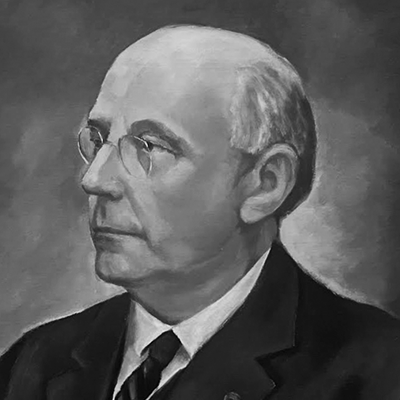
Barton was the first and longest serving head of the organization that preceded the CLC/ERLC. He worked, without convention pay, for over three decades. It was not until after his death that the commission received funding ($1,000 in 1943, and a percentage of Cooperative Program funds in 1947). This makes the work he and the standing committee accomplished all the more remarkable.
Jesse Weatherspoon 1942-1947
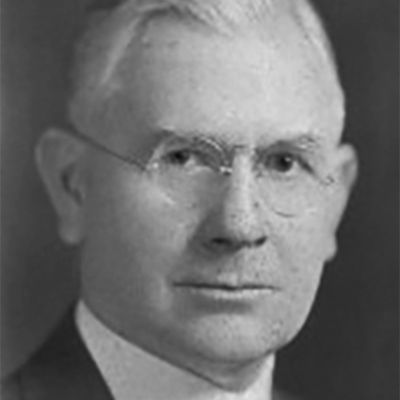
Baptist Theological Seminary, Weatherpsoon was known for his advocacy on the issue of race relations. He called for a Special Committee on Race Relations (1946), the first Social Service Commission conference on social concerns (1946), and the publication of a number of handbooks and tracts related to racial justice issues. At his urging, the Executive Committee reevaluated the role of the Commission and eventually decided to fund the organization out of the Cooperative Program.
Hugh Brimm 1947-1953
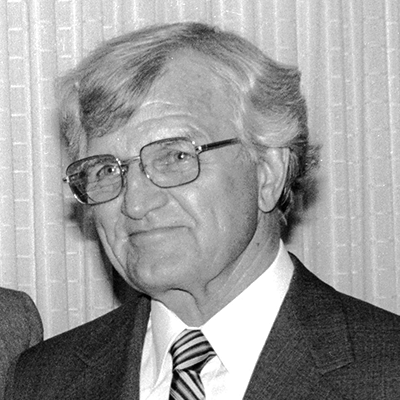
Brimm served as the first Secretary-Treasurer of the Social Service Commission (SSC). Though his tenure was brief, it included several major milestones, including the first issue of Light. Like Weatherspoon, Brimm emphasized the importance of addressing the question of racial injustice in the South. In his final speech before the convention, he highlighted the growing threat of militarism and made reference to the need for Southern Baptists to integrate their schools
A.C Miller 1953-1960
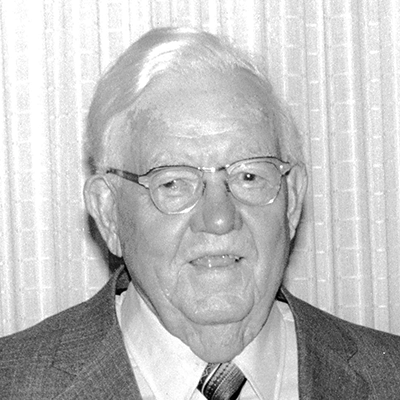
Just prior to Miller’s tenure as secretary-treasurer, the SSC was renamed the Christian Life Commission (CLC) and the headquarters moved to Nashville, Tennessee. Miller’s first address at the 1954 annual meeting encouraged the convention to affirm the recent Brown v. Board of Education ruling. The theme of racial justice and integration continued during his presidency, prompting significant resistance from some Southern Baptists.
Foy Valentine 1960-1987
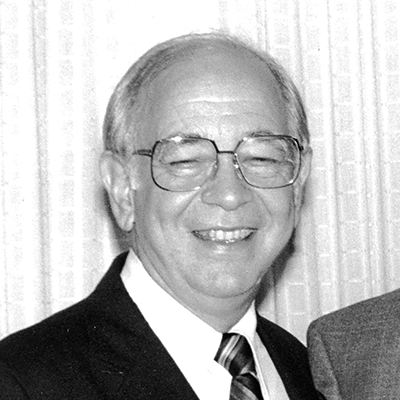
Valentine was a vocal supporter of racial justice in the SBC. Though correct on race, he also represented the drift left of the convention and was a member of the moderate wing which prompted the Conservative Resurgence in the 1970s and 1980s within the Southern Baptist Convention.
Larry Baker 1987-1988
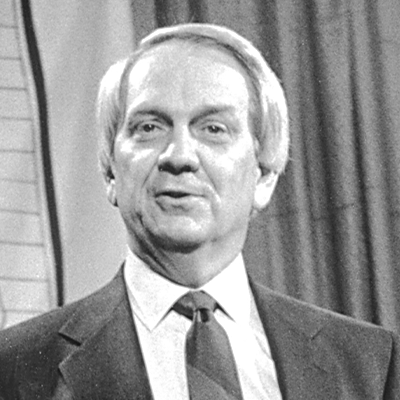
Baker served the shortest tenure leading the CLC. Chosen to replace Foy Valentine, Baker enjoyed little support from the growing conservative segment on his board, narrowly avoiding being dismissed from the position in his first year. Like Valentine, he was noted for his support of abortion. Knowing he would be dismissed when the conservatives had a majority, he resigned after only 19 months.
Richard Land 1988-2013
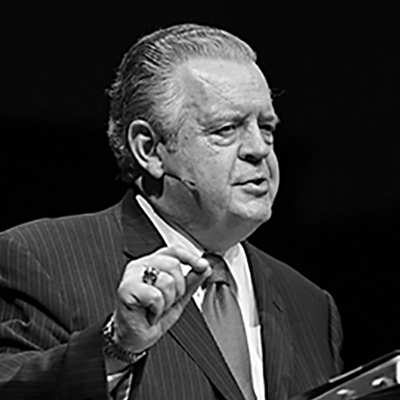
Richard Land was the final president of the CLC and the first of the Ethics and Religious Liberty Commission (ERLC). Land emphasized new media avenues, including regular television appearances, a daily radio show, and the launch of a website. He was essential in the crafting of the 1995 Resolution on Racial Reconciliation. He also emphasized the role that the Commission had for protecting religious liberty, particularly after the name change in 1997. Major initiatives include: the launch of the Psalm 139 Project to place ultrasound machines in pregnancy resource centers and work with the U.S. Commission on International Religious Freedom.
Russell Moore 2013-2021
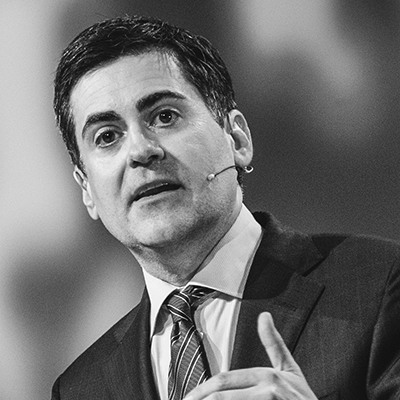
Russell Moore’s tenure at the ERLC continued the work of previous administrations in pro-life advocacy and racial justice. At the same time, it reckoned with new challenges of sexuality such as the Obergefell decision legalizing same sex marriage. Under the Moore administration, the ERLC hosted the first Evangelicals for Life conference in conjunction with the annual March for Life in Washington, D.C., co-hosted the MLK50 conference urging evangelicals to grapple with racial injustice, and the launch of the Road to Roe50 to place 50 ultrasound machines in pregnancy resource centers across the country.
- 1Annual of the Southern Baptist Convention (1920) (Nashville, TN: Marshall & Bruce Co., 1920).
- 2Annual of the Southern Baptist Convention (1911) (Nashville, TN: Marshall & Bruce Co., 1911), 55.
- 3Annual of the Southern Baptist Convention (1916) (Nashville, TN: Marshall & Bruce Co., 1916), 73.
- 4Norman Clark, Deliver Us From Evil: An Interpretation of American Prohibition (New York, NY: W. W. Norton & Company, 1976), 103–4.
- 5Annual of the Southern Baptist Convention (1912) (Nashville, TN: Marshall & Bruce Co., 1912), 76.
- 6Annual of the Southern Baptist Convention (1922) (Nashville, TN: Marshall & Bruce Co., 1922), 100.
- 7Annual of the Southern Baptist Convention (1929) (Nashville, TN: Marshall & Bruce Co., 1929), 89.
- 8Annual of the Southern Baptist Convention (1929), 90.
- 9Annual of the Southern Baptist Convention (1931) (Nashville, TN: Marshall & Bruce Co., 1931), 121.
- 10Annual of the Southern Baptist Convention (1928) (Nashville, TN: Marshall & Bruce Co., 1928), 84.
- 11Annual of the Southern Baptist Convention (1920), 97.